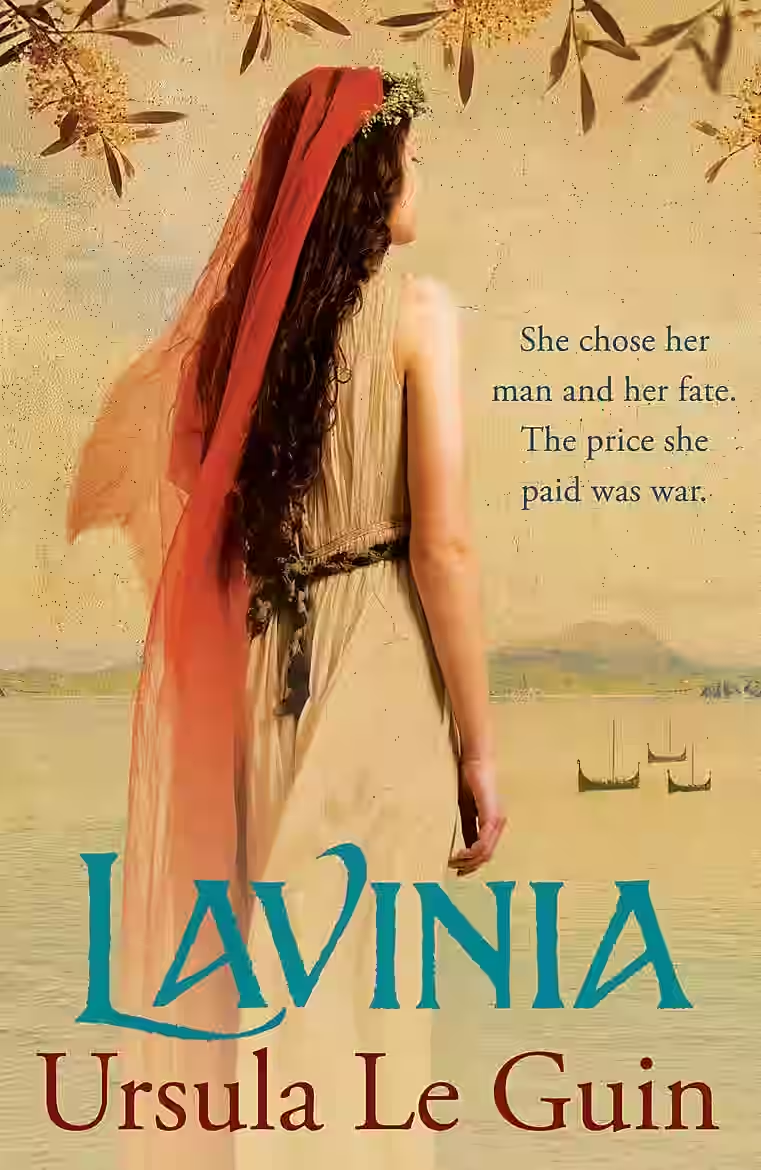
Ursula K. Le Guin's "Lavinia" breathes life into a briefly mentioned character from Virgil's epic, the Aeneid. In this novel, Lavinia, a princess of Latium, finally gets her own story, stepping out of the shadows to narrate in a first-person perspective. The novel beautifully blends historical fiction with mythological elements, offering a fresh narrative that explores themes of fate, autonomy, and the struggles of self-definition. Through Lavinia's eyes, the reader is drawn into the era's political intrigues and personal desires. Le Guin's masterful writing invites reflection on the nature of truth and the legacy of stories untold. Her evocative prose and richly detailed settings envelop the audience in a bygone world that echoes with both personal and epic echoes, making it an essential read for fans of historical and mythological fiction.
About Ursula K. Le Guin
A highly influential American author known for her groundbreaking science fiction and fantasy that often explored themes of gender, society, and ecology. Her seminal works, including The Left Hand of Darkness and The Dispossessed, challenged genre conventions and offered profound insights into human nature and cultural differences. Le Guin's intellectual depth and lyrical prose have made her a literary icon.
Other Books by Ursula K. Le Guin
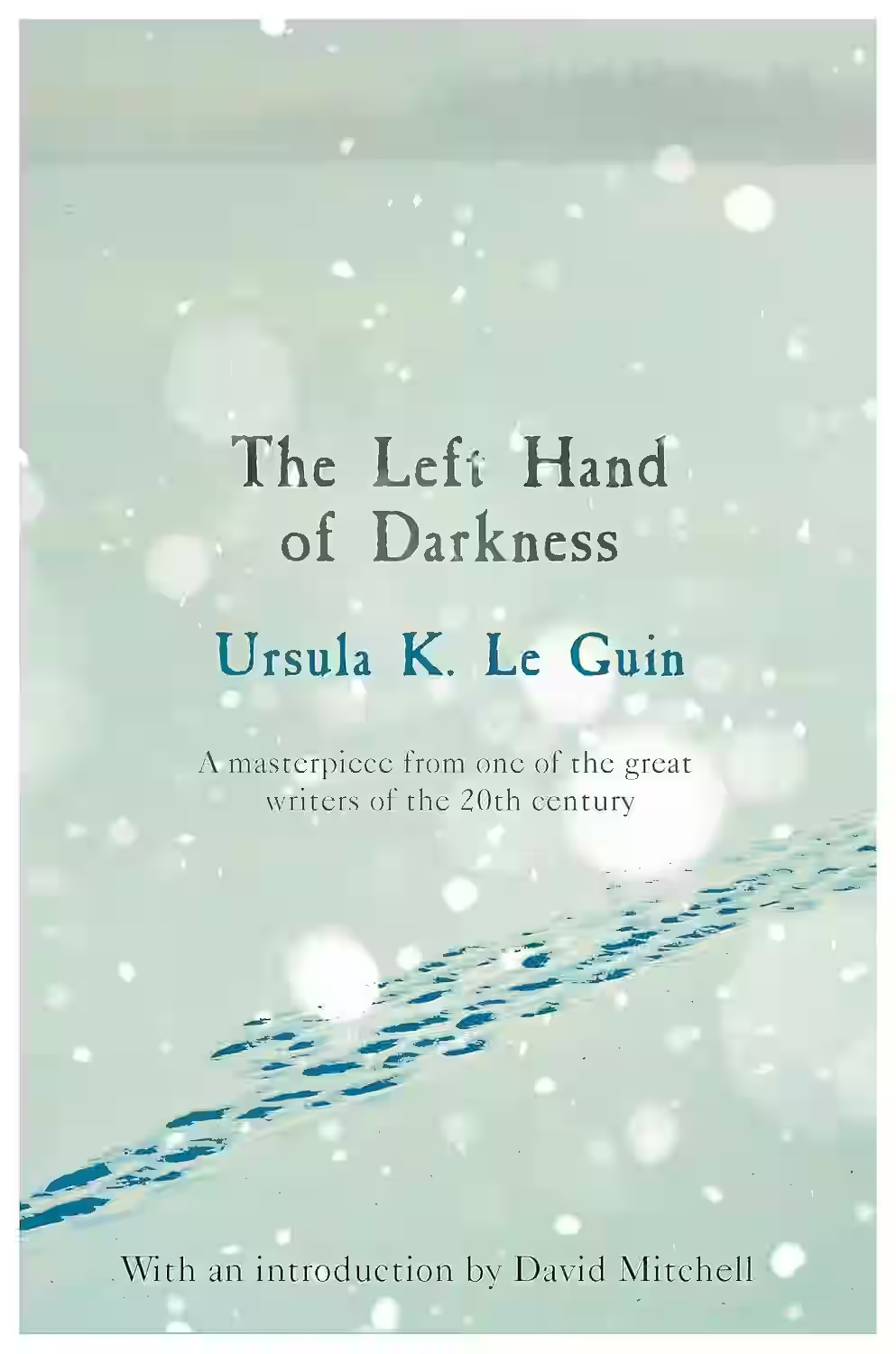
The Left Hand of Darkness
Ursula K. Le Guin’s The Left Hand of Darkness is a groundbreaking science fiction novel set on the icy planet of Gethen, where inhabitants are ambisexual, shifting between genders. Genly Ai, an envoy from another world, must navigate this unfamiliar culture and its politics to encourage planetary unity. His journey with the exiled Estravan becomes a profound exploration of identity, trust, and human connection. Le Guin masterfully blends anthropology, philosophy, and science fiction to challenge gender norms and cultural assumptions. A classic of the genre, it’s a powerful meditation on what it means to be human.
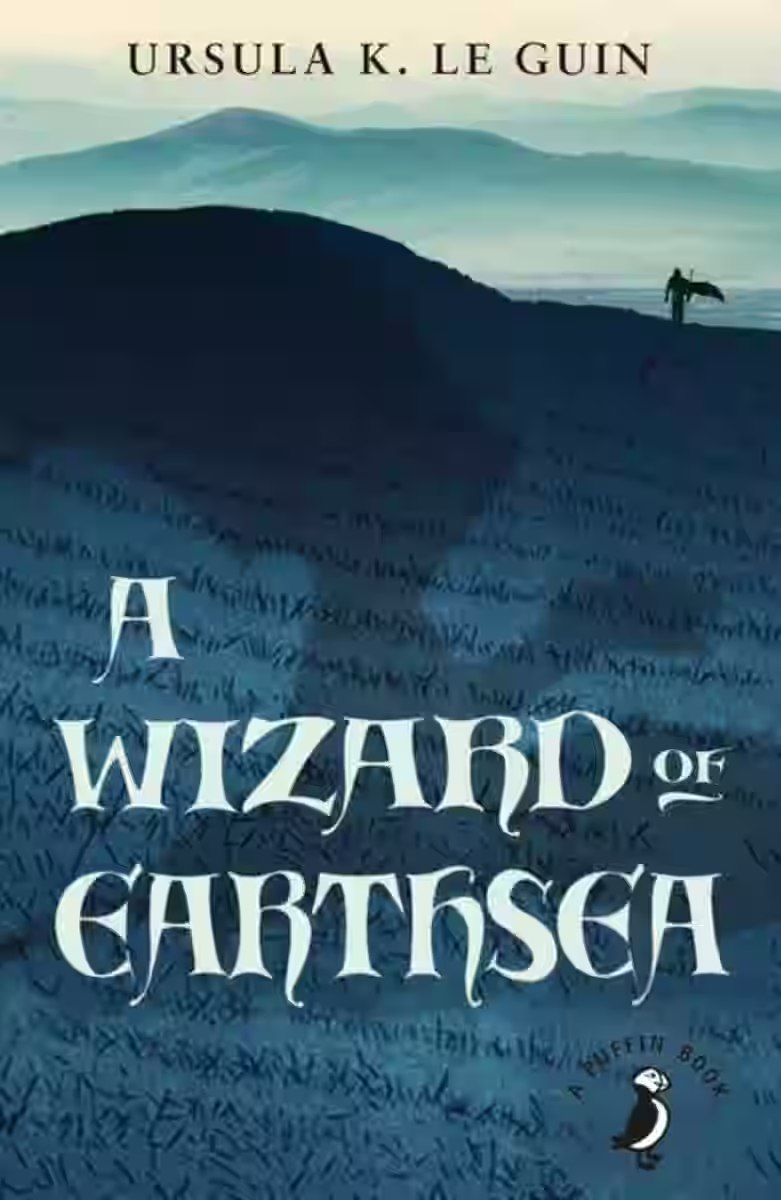
A Wizard of Earthsea
Ursula K. Le Guin's 'A Wizard of Earthsea' is a seminal work in the fantasy genre, exploring the journey of young Ged, a gifted boy who is destined to become a powerful wizard. Set in the mystical archipelago of Earthsea, Ged's story is both a thrilling adventure and a profound exploration of identity, power, and responsibility. As Ged struggles to control his burgeoning powers, he inadvertently unleashes a dark shadow that threatens to consume him and everything he holds dear. Le Guin masterfully weaves themes of self-discovery, the duality of good and evil, and the importance of harmony within oneself. This novel not only captivates with its rich world-building and intricate magic system, but it also resonates on a deeper philosophical level, making it a timeless classic that continues to inspire readers and writers alike.
Similar Books
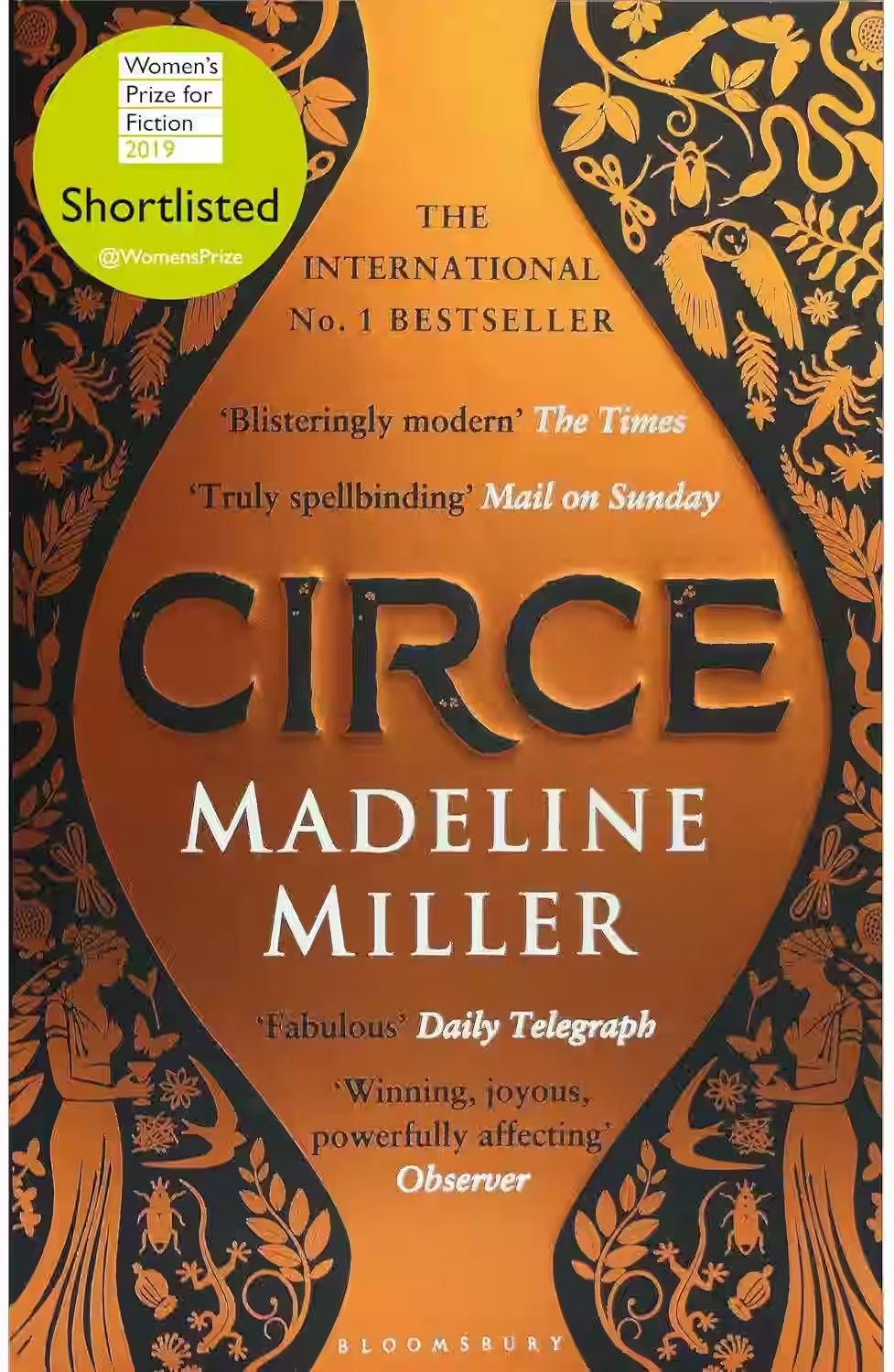
Circe
In the house of Helios, god of the sun and mightiest of the Titans, a daughter is born. Circe is a strange child not powerful and terrible, like her father, nor gorgeous and mercenary like her mother. Scorned and rejected, Circe grows up in the shadows, at home in neither the world of gods or mortals. But Circe has a dark power of her own- witchcraft. When her gift threatens the gods, she is banished to the island of Aiaia where she hones her occult craft, casting spells, gathering strange herbs and taming wild beasts. Yet a woman who stands alone will never be left in peace for long and among her island's guests is an unexpected visitor- the mortal Odysseus, for whom Circe will risk everything. So Circe sets forth her tale, a vivid, mesmerizing epic of family rivalry, love and loss the defiant, inextinguishable song of woman burning hot and bright through the darkness of a man's world.
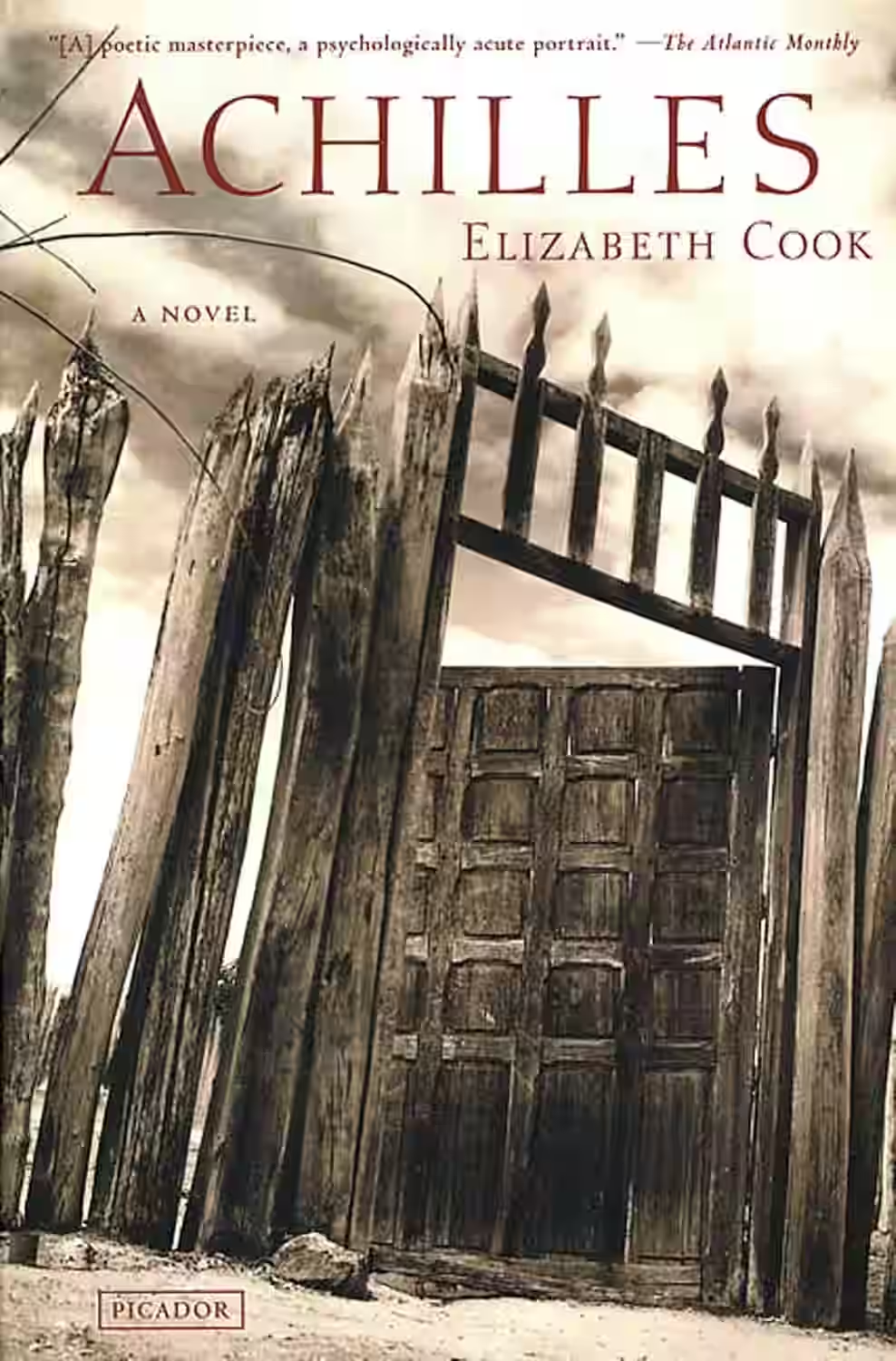
Achilles: A Novel
Elizabeth Cook's 'Achilles: A Novel' reimagines the timeless legend of the Greek hero Achilles, blending myth with modern sensibilities to create a hauntingly beautiful narrative. Through lyrical prose, the novel delves deep into themes of love, destiny, and the inescapable pull of fate that surrounds the protagonist. Cook explores Achilles' complex relationships, particularly with Patroclus and Briseis, bringing emotional depth and nuance to these timeless characters. The story elegantly balances tragedy and introspection, providing a fresh perspective on his heroism and vulnerabilites. Cook’s ability to juxtapose the epic with the intimate makes this retelling both moving and thought-provoking.
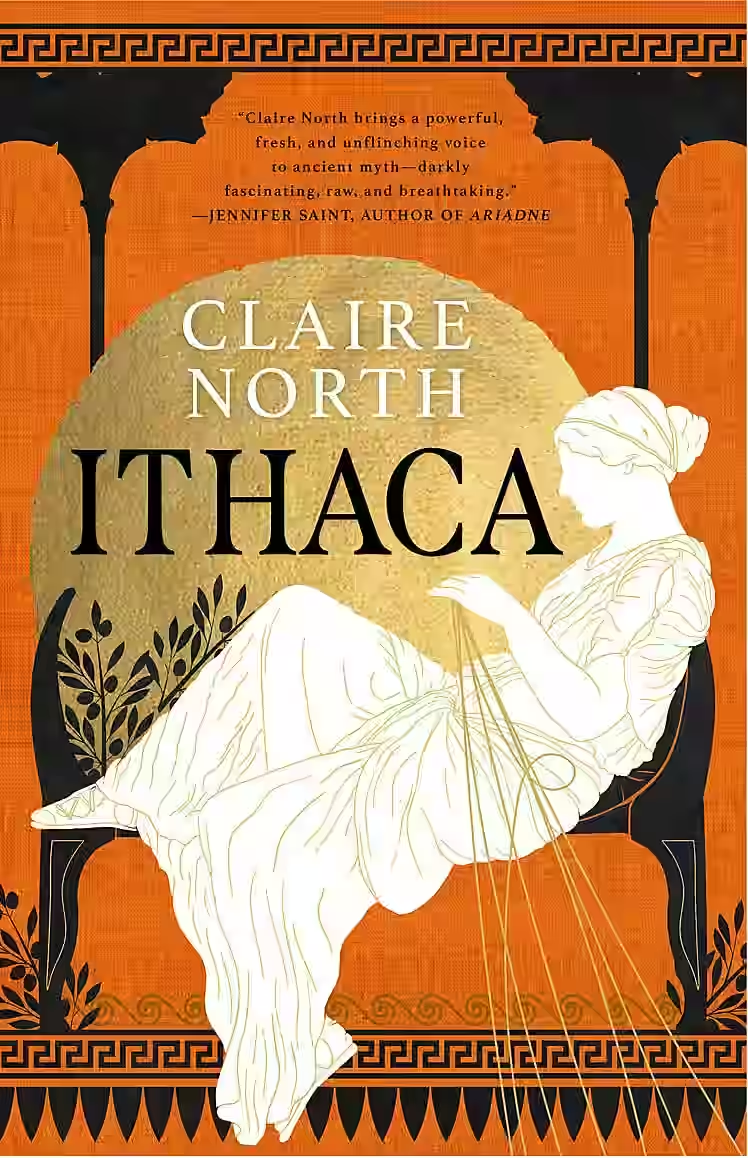
Ithaca
by Claire North
Series: The Songs of Penelope (#1)
In 'Ithaca,' Claire North masterfully reimagines the legend of Penelope, exploring themes of power, patience, and survival against the backdrop of a fantastical ancient Greece. The narrative offers a fresh perspective on Penelope, a woman often overshadowed by her husband, Odysseus, yet who exudes resilience and astute political acumen while ruling in his prolonged absence. North's lyrical prose and dynamic storytelling paint a vivid picture of a kingdom in waiting, delving into the intricacies of female agency and the silent strength required to maintain authority amidst uncertainty and threat. Through rich characterization and a compelling plot, 'Ithaca' elevates a timeless myth into a poignant meditation on identity and control.
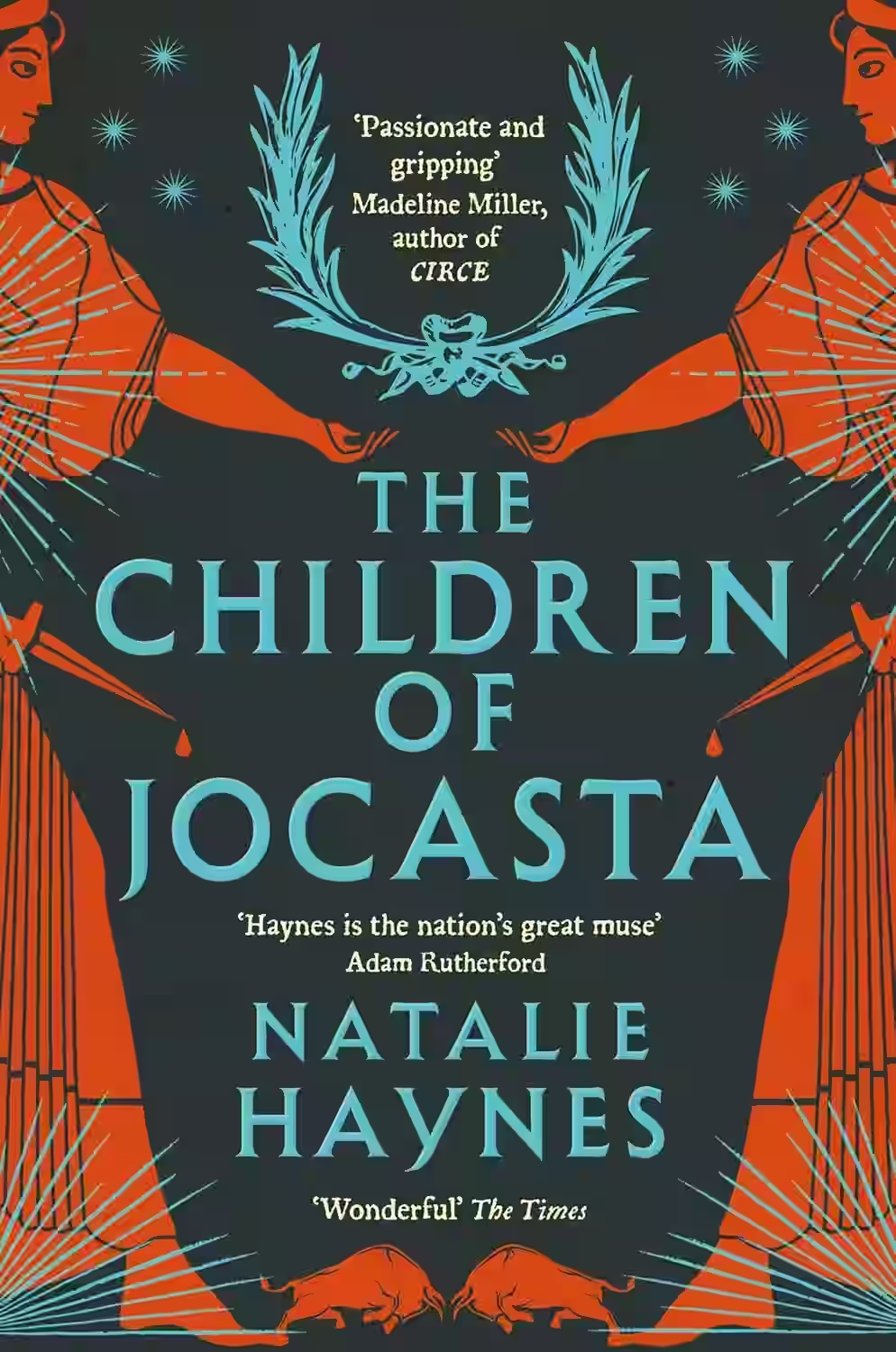
The Children of Jocasta
In 'The Children of Jocasta', Natalie Haynes masterfully reimagines the classic tales of Oedipus and Antigone from a fresh perspective—a lens that brings women’s voices, often muted in Ancient Greek mythologies, to the forefront. This novel weaves the parallel stories of Jocasta and her daughter Ismene, offering a nuanced exploration of love, power, and choice amid the backdrop of a cursed lineage. Jocasta’s quiet strength and Ismene’s unyielding resilience breathe new life into familiar tales, while Haynes’s elegant prose enriches the narrative’s emotional depth. Engaging with timeless themes of fate and identity, this reinterpretation compels readers to reexamine the silenced stories within classical works and appreciate their enduring relevance.